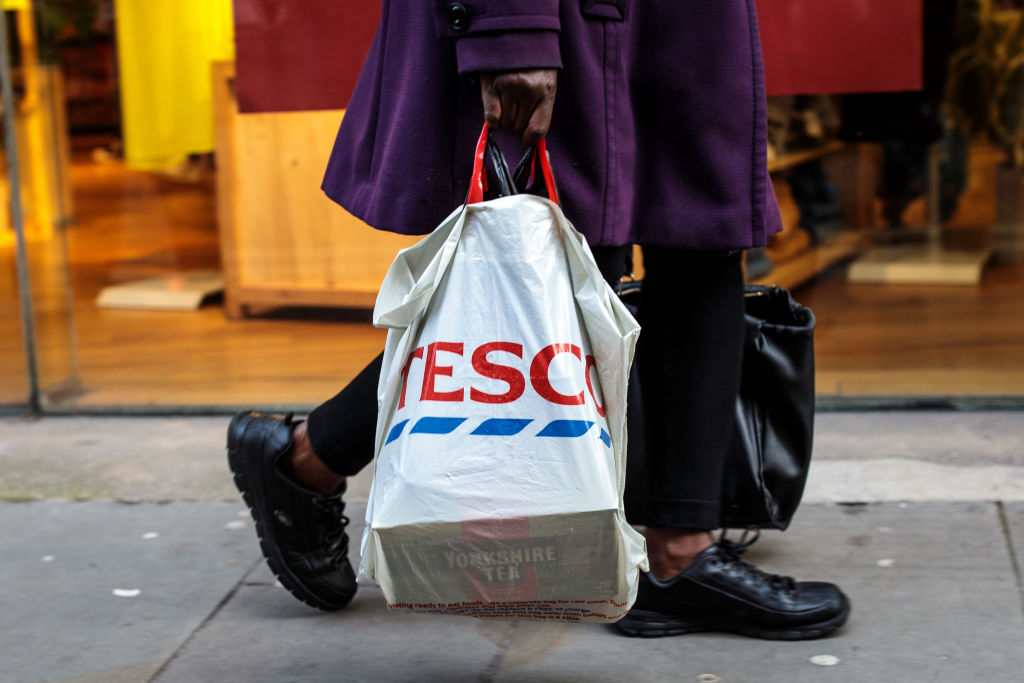Let’s be honest, reusable plastic bags are actually terrible for the environment

“Don’t forget to take a bag”, I recently yelped at my partner as they headed to the shops. With a cupboard already full of reusable bags, there is an immense feeling of guilt and wastefulness every time another one is acquired.
The Coalition government introduced a charge for single-use plastic bags in 2015 to reduce carbon emissions and waste. It has been an apparent success: single-use plastic bags have declined by 97 per cent. There’s just one problem: this probably hasn’t helped the environment.
Single-use plastic bags have increasingly been replaced by so-called “bags for life”, the only option from the likes of Tesco, Sainsbury’s and Asda. Greenpeace found that major UK supermarkets sold 1.58 billion “bags for life” in 2019, more than half of all bags used by UK households. The numbers have only likely grown. These reusable bags, made of thicker plastic, cotton and paper, require more water and energy to manufacture and transport, which results in a larger carbon footprint.
Reusable bags must be used many more times to have the same environmental footprint. A Danish Environmental Protection Agency study in 2018 found that an organic cotton tote bag would have to be used 20,000 times to have the equivalent impact of a thin single-use plastic bag. A woven plastic “bag for life” needs 45 reuses and a paper bag needs 43 reuses. In practice, however, we typically use these bags many fewer times – often just once or twice.
Meanwhile, single-use plastic bags are only a tiny part of land or ocean waste – less than 1 per cent – while reusable bags are taking up more landfill space. There may even be other unintended consequences, such as an increase in food-borne disease because of bacteria in reused bags.
The craze against single-use plastic bags is just one of the many ways we have been fooled into thinking we’re helping the environment.
Eating locally is usually no better for the environment, as very little – around 6 per cent – of carbon emissions in European diets come from transport. Organic food is often worse for the environment – as it requires more land, has a higher carbon footprint, and results in more water pollution.
The war against plastic food packaging is similarly futile – as it only has a small contribution to the environmental footprint while strengthening shelf life. Recycling can also be counterproductive – as it involves moving goods large distances, produces air pollution and requires a lot of energy.
Many individual actions to help the environment are driven by a sense of hopelessness. Humans also desire “not only to be loved, but to be lovely,” economist Adam Smith wrote in The Theory of Moral Sentiments. Small sacrifices, like eating an organic apple or throwing a bottle in the recycle bin at the airport before your flight, may even offer a feeling of absolution.
But we must not fool ourselves into believing this is the right approach. We must not keep wasting our time talking about single-use plastics while ignoring effective environmental solutions like nuclear energy, dense city housing, and GMOs.
The desire to do what appears to be right distracts and misinforms. It means politicians wasting their time inconveniencing the public. The easy solutions are not necessarily the right ones.